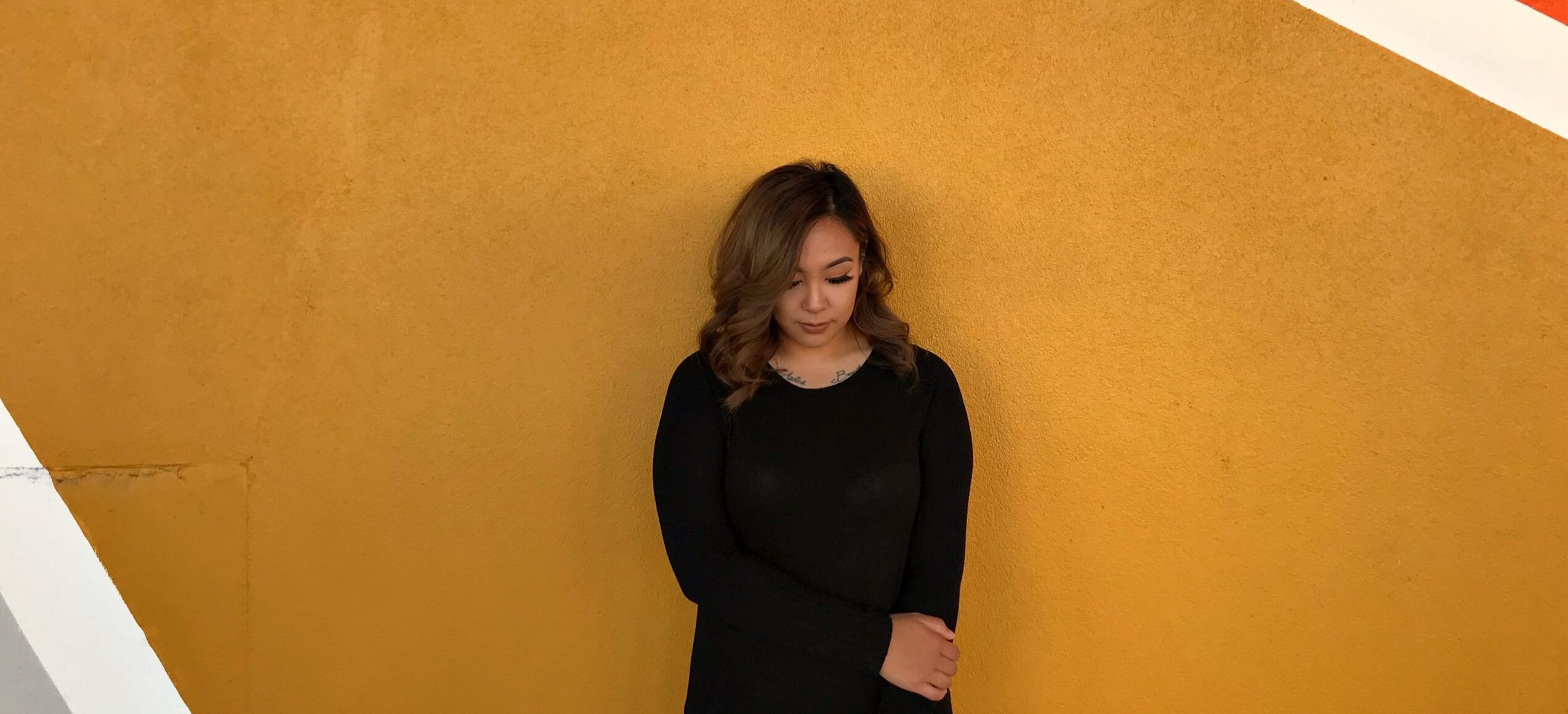Recently I’ve been reflecting on my relationship with a friend whom I considered very close. I thought she saw me the same way. We had a good relationship, and she always genuinely rejoiced in my growth. But then, something shifted. I don’t know what exactly, but her attitude toward me changed.
In a later conversation, I realized that she didn’t really know who I am. Her perception of me didn’t reflect reality, and that realization made me deeply sad. More recently, something else happened that showed me — she holds no grudge, but she also doesn’t want to connect. That, too, is a quiet kind of heartbreak.
The Illusion of Being Known
What this reminded me — again — is that even the people we consider close often don’t truly see us. They carry their own idea of who we are, shaped by glimpses and moments, filtered through their own experiences. That idea feels real to them but may have little to do with who we actually are.
What, then, of those who barely interact with us at all? People who’ve only caught snippets of our presence, or heard fragments from others? It’s strange when someone at a distance begins to treat us in a specific way based on these shadows — not the whole person.
Even in long-standing relationships, we hold private rooms inside ourselves that we never fully open. Some claim they’re completely transparent, but I don’t believe we ever really are. There’s too much about ourselves we haven’t fully met yet. People say others can see us more clearly — but really, they see our behavior in specific moments, shaped by circumstances, emotions, and context.
What We Expect From a Friend
And yet — even with all this — with our friends, we expect something more. We expect that they’re for us. That if they feel we’ve done wrong, they’ll tell us. That if they disagree, they’ll respect us. That they won’t simply slip away “English-style” — without saying a word, without clarifying, without giving us a chance to understand or respond.
Maybe that’s idealistic. But I’m not spoiled with closeness. After leaving Russia, everything shifted. Without a family system to lean on, and with very little of it left anyway, I’ve come to value every thread of true connection, even the ones that look small from the outside.
And if a friend is in trouble, I’ll come. Even if they’re not — they can still count on me. That’s just who I am.
It’s painful when someone you thought knew you turns out not to. Even more painful when you realize — maybe they never did.
Letting Go of the Picture We Hoped Was True
Lately, I keep circling back to this. Not just as a thought — it hurts. I’m not someone who proves or convinces. If someone doesn’t see me, words won’t help. The only way forward is to accept. And I haven’t quite managed that.
Every time I think of this person, my chest tightens. Because when I used to look inward for a sense of who was close to me in this world — they were always on that list. And the idea that I was on theirs… used to warm me.
Turns out, I wasn’t.
Forgive, let go, accept, move on. That’s the path, I know. But it’s the letting go part that’s hardest. You can’t force someone to be your friend.
And still — even through all this — I often forget that it’s all a reflection. These people, these moments — they are me, too. What’s happening is me. And none of it escapes love. If I rise above the mind’s tangle — not to escape, just to rise — I can remember: love is still here. Spread across the invisible field, waiting for us to stop resisting it.
But Sometimes, It’s Time to Leave Completely
And then there are moments when love isn’t about staying open — it’s about closing the loop. Quietly, fully. Without drama. Without a speech.
Just… not going back.
Because even one return — one message, one accidental memory with a little too much softness — can reawaken the illusion that this person will ever be able to give us something they cannot. And they won’t. We already know this. That’s exactly why we walked away.
It’s not bitterness. It’s clarity.
Returning means re-entering a dead end. And no matter how familiar or beautiful that corner once seemed, it still leads nowhere. Even if it whispers to us. Even if it still feels like home. The longer we linger, the more it pulls.
So we don’t linger.
We leave because the truth — the one we didn’t want to admit — is that staying was slowly unraveling us. That just being there was quietly humiliating. That it hurt more to hope than to release.
And if the scent of those hopes wafts back again, we’ll know to hold our breath and keep walking.
Not out of anger. But because we remember who we are now.
And we remember the cost of forgetting.



